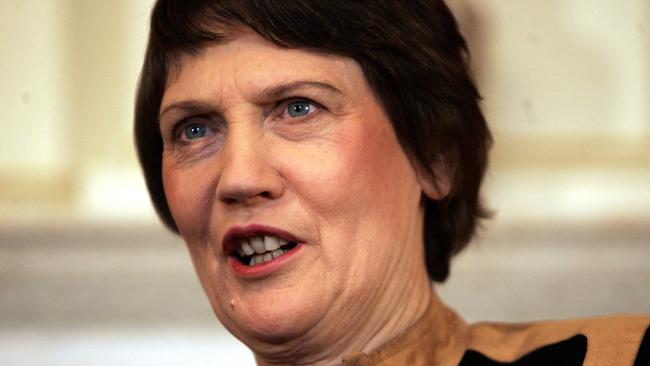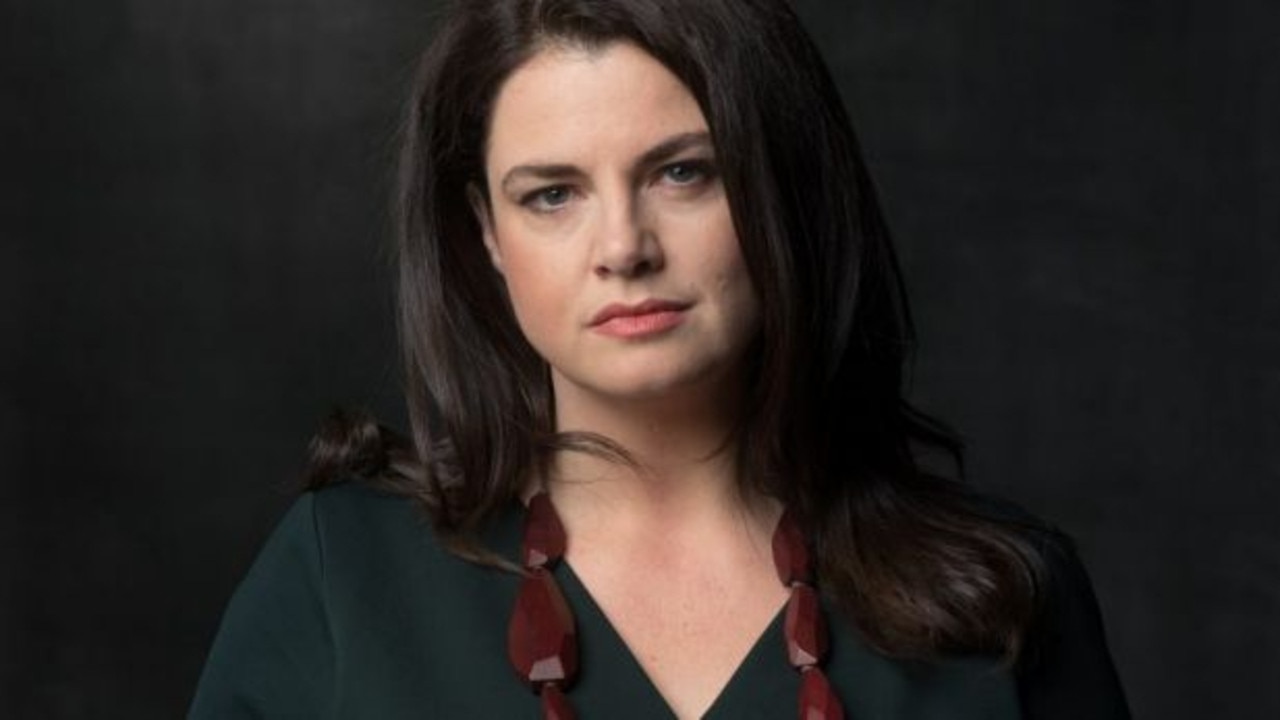China and WHO ‘too slow’ to react on COVID-19
An independent inquiry into the coronavirus pandemic has found Chinese authorities could have acted ‘more forcefully’ in the early stages of the outbreak.

An independent inquiry into the coronavirus pandemic has found Chinese authorities could have acted “more forcefully” to protect public health in the early stages of the outbreak and there were “lost opportunities” when it came to preventing the spread of the virus.
The second report from the independent panel’s second report on progress, which reports to the World Health Organisation and is based in Switzerland, found most countries did not act on warnings quickly enough and did not share information when cases emerged.
“What is clear to the panel is that public health measures could have been applied more forcefully by local and national health authorities in China in January,” it said.
The probe, co-chaired by former New Zealand prime minister Helen Clark and former Liberian president Ellen Johnson Sirleaf, also called for international health alert systems to be upgraded and “brought into the 21st century” to help prevent a similar crisis from taking off again.
“A major concern is that the international system for alert and response is not fit for purpose. It seems to come from an earlier analog era and needs to be brought into the digital age,” the panel’s report said.
“Modern information systems are picking up signals of new disease before countries are formally reporting.”
Ms Clark called on the WHO to use the digital tools at its disposal to “keep pace with news that spreads instantly on social media and infectious pathogens that spread rapidly through travel”.
“Detection and alert may have been speedy by the standards of earlier novel pathogens, but viruses move in minutes and hours, rather than in days and weeks,” she said.
The report also criticises the WHO for taking three weeks to form an emergency group to handle the virus and for being too slow to declare the crisis a pandemic.
“A public health emergency of international concern was declared on 30 January, but on the evidence considered thus far by the panel, the extent of response to that in countries around the world fell short of what should have been expected,” it said.
The report called on governments across the globe to “step up” to further protect the life of their citizens in light of the emergence of more virulent strains through the use of “proven” public health measures such as testing, contact tracing, isolation, physical distancing and wearing masks.
It comes as WHO infectious disease expert Mike Ryan warned that global COVID-19 deaths could soon top 100,000 per week.
Ms Sirleaf said while the panel was grateful to scientists for developing a vaccine in record time, it was unfortunate developing countries would not have the same access as other more wealthy nations.
“We regret … that the vaccine rollout is currently favouring wealthy countries,” she said.



